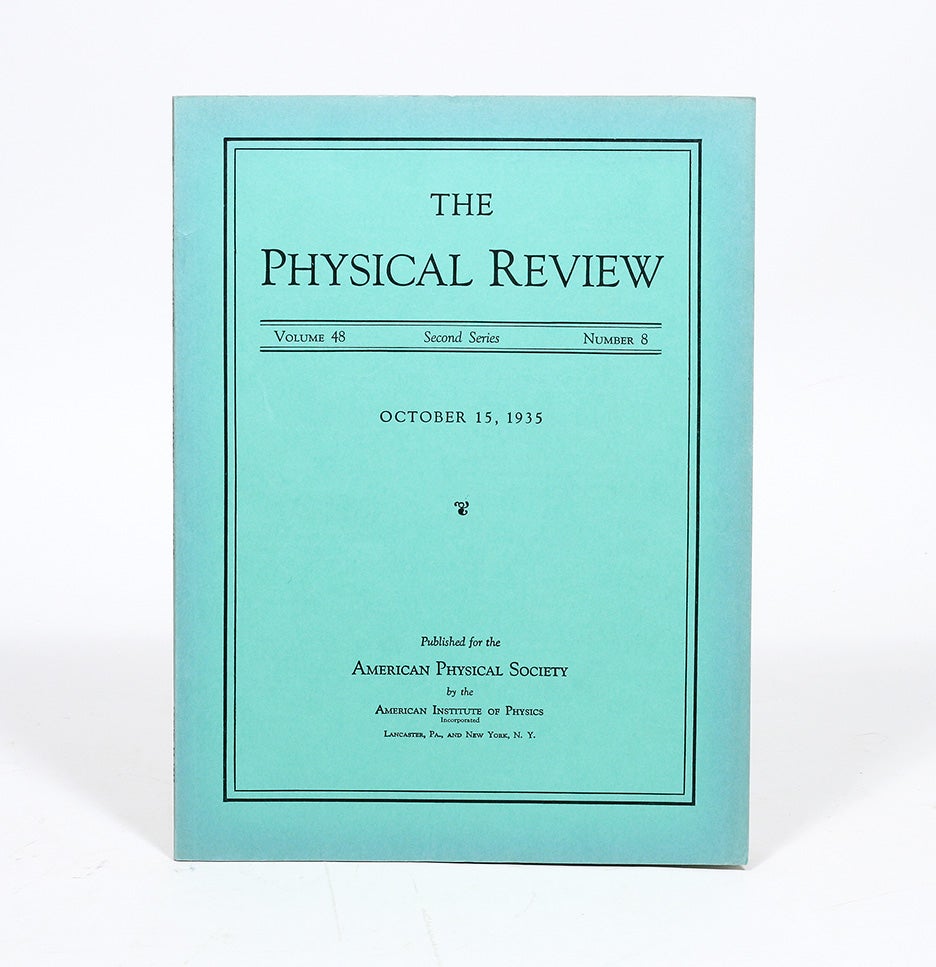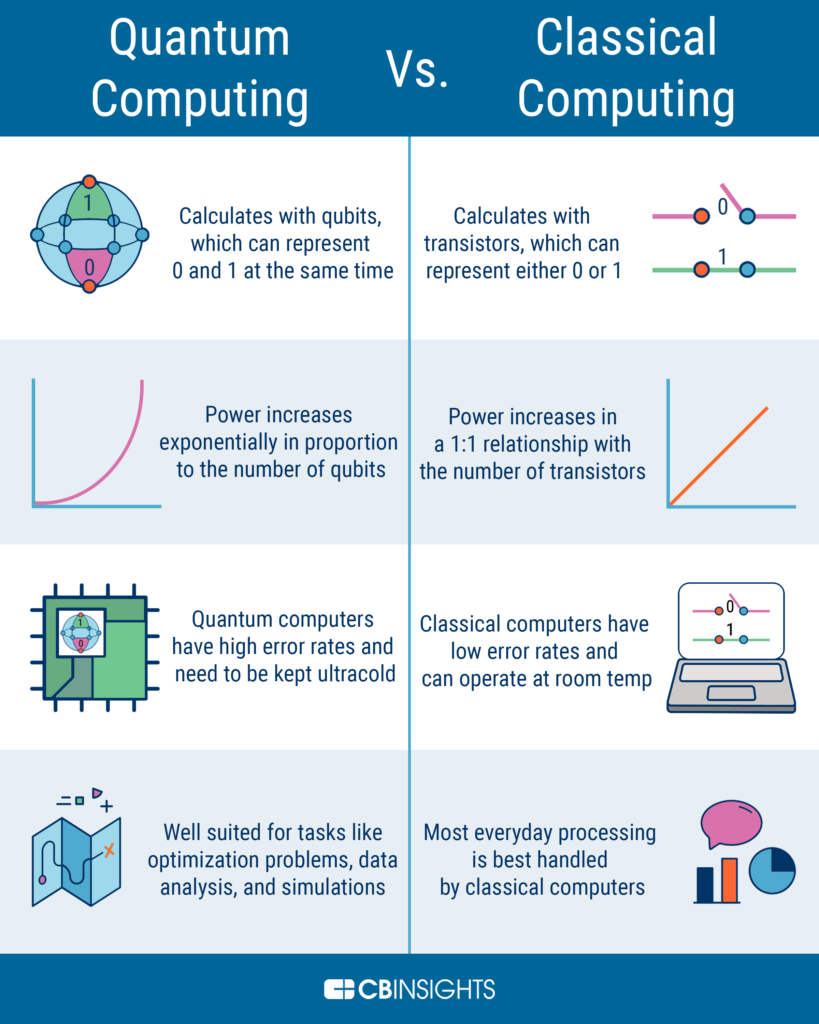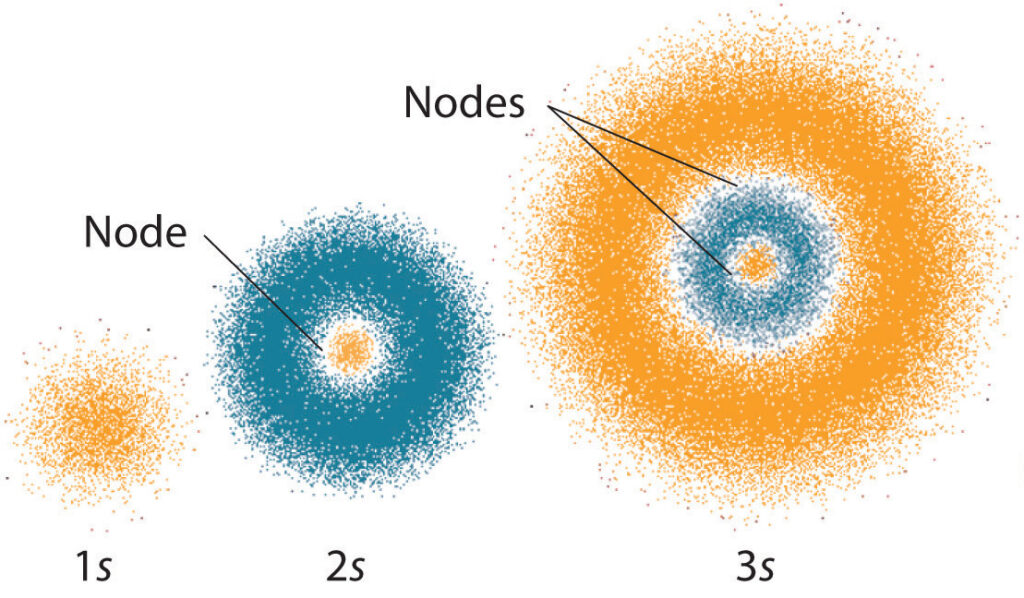Quantum mechanics is one of the most fascinating fields of science that has captured the imagination of scientists and the general public alike. This branch of physics deals with the behavior of particles at the atomic and subatomic level. However, the question that has puzzled physicists for decades is whether the quantum mechanical description of physical reality can be considered complete.
At the heart of this question lies the famous uncertainty principle, which states that it is impossible to simultaneously measure certain properties of a particle with absolute precision. This principle challenges the classical notion of physics and has led to the development of new mathematical techniques and experimental methods. Despite the success of quantum mechanics in describing the behavior of particles, some physicists argue that it is an incomplete theory that requires further refinement. This debate has led to some of the most interesting and thought-provoking discussions in the field of physics.

Can Quantum Mechanical Description of Physical Reality Be Considered Complete?
Quantum mechanics is a branch of physics that deals with the behavior of matter and energy on a subatomic level. It is one of the most successful theories in physics, and it has been successfully used to explain many phenomena. However, some scientists have argued that it is incomplete, and that there must be some deeper level of reality that we are yet to discover. In this article, we will explore the arguments for and against the idea that quantum mechanical description of physical reality can be considered complete.
Arguments in Favor of Quantum Mechanics Being Complete
One of the most persuasive arguments in favor of quantum mechanics being complete is its ability to accurately predict the behavior of matter and energy on a subatomic scale. This is due to the fact that the equations of quantum mechanics are able to accurately model the behavior of particles and systems that we observe in the real world. This is a strong indication that quantum mechanics is an accurate and complete description of physical reality.
Another argument in favor of quantum mechanics being complete is the fact that it has been so successful in explaining many phenomena that were previously thought to be impossible to explain. For example, quantum mechanics has been able to explain phenomena such as superconductivity and the quantization of energy levels. This is an indication that quantum mechanics is an accurate and complete description of physical reality.
Arguments Against Quantum Mechanics Being Complete
One of the arguments against quantum mechanics being complete is that it is unable to explain certain phenomena, such as the fact that particles can exist in multiple states at the same time. This is known as the wave-particle duality, and it is an indication that there may be a deeper level of reality that quantum mechanics cannot explain. This suggests that quantum mechanics is incomplete and that there is still much to be discovered.
Another argument against quantum mechanics being complete is the fact that the equations of quantum mechanics are probabilistic in nature. This means that the equations can only predict the probability of certain outcomes, but cannot predict the exact outcome. This is an indication that quantum mechanics may be an incomplete description of physical reality, as it is unable to predict the exact outcome of any given situation.
Frequently Asked Questions
This article answers questions about the completeness of quantum mechanical description of physical reality.
Can quantum mechanical description of physical reality be considered complete?
The answer to this question is both yes and no. Quantum mechanics provides a detailed description of physical systems, including the behavior of particles and the interactions between them. This description is based on mathematical equations, which can be used to predict the outcome of experiments and describe phenomena at the atomic and subatomic level. However, quantum mechanics does not provide a complete explanation of physical reality; it only describes the behavior of particles, not the underlying causes of their behavior. Therefore, some believe that a more complete description of physical reality must include a deeper understanding of the fundamental laws of nature.

Richard Feynman: Quantum Mechanical View of Reality 1
In conclusion, the question of whether the quantum mechanical description of physical reality can be considered complete has been a topic of intense debate among physicists and philosophers for decades. While some argue that the theory is incomplete and further advancements are required to fully understand the true nature of reality, others believe that it is a complete and accurate description of the world around us. Regardless of the stance taken, it is clear that the study of quantum mechanics has led to numerous breakthroughs in scientific understanding and technological advancement, and will continue to do so in the years to come.
As we continue to delve deeper into the mysteries of the universe, it is important to maintain an open mind and recognize that our current understanding of reality is constantly evolving. While we may never fully comprehend the nature of the quantum world, the pursuit of knowledge and understanding remains a crucial endeavor. Ultimately, the question of whether the quantum mechanical description of physical reality is complete may never be fully resolved, but the pursuit of answers will undoubtedly lead to new discoveries and a deeper understanding of the world around us.



